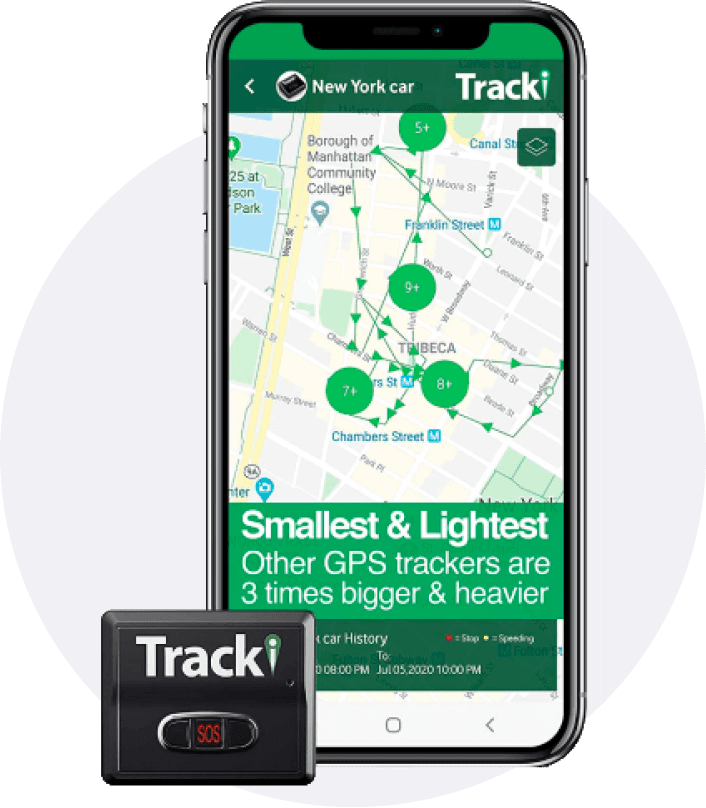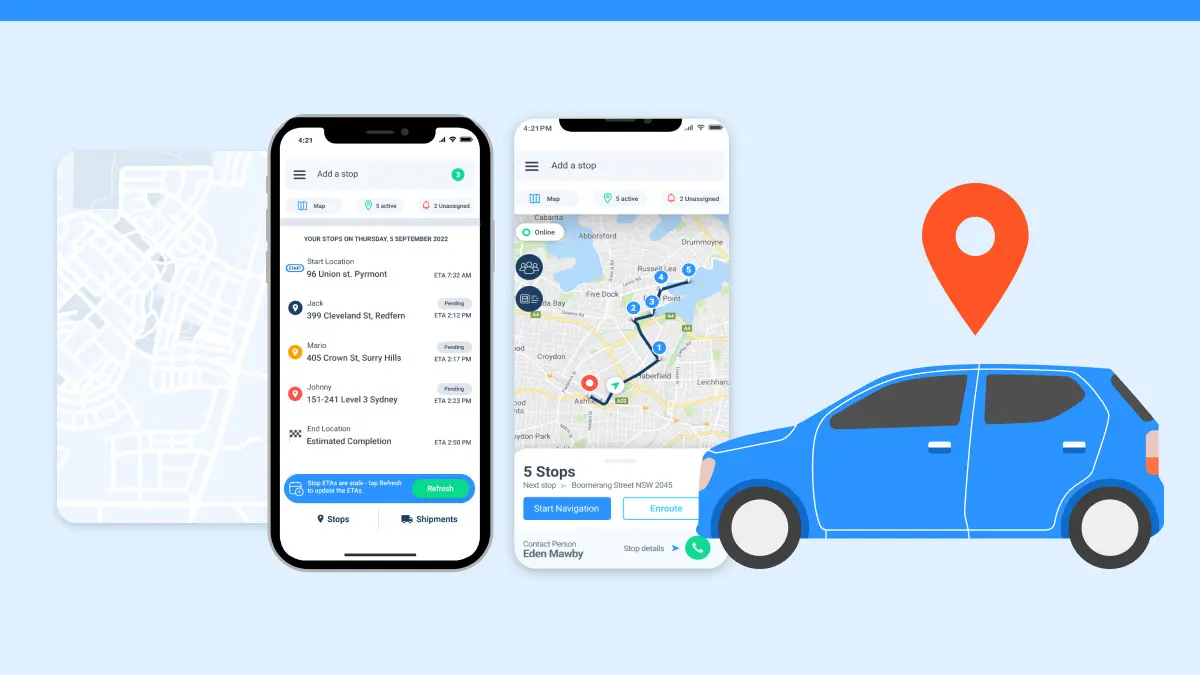Top Advantages of GPS Tracking for Fleet Monitoring
Top Advantages of GPS Tracking for Fleet Monitoring
Blog Article
Browsing the Future of GPS Tracking: Technologies, Difficulties, and Opportunities Ahead
As we stand at the crossroads of technical innovations and social implications, the landscape of General practitioner monitoring is positioned for a transformative trip in advance. With wonderful advancement comes fantastic obligation, as information privacy worries loom big and safety and security obstacles in GPS monitoring raise pertinent inquiries about securing delicate information.
Development of GPS Technology
The Evolution of GPS Innovation has been marked by considerable improvements in accuracy, coverage, and effectiveness for many years. At first created for army purposes, GPS innovation has actually developed to end up being an ubiquitous device in different fields, consisting of transport, logistics, agriculture, and individual navigating. Early GPS systems were defined by minimal coverage, reduced accuracy, and bulkier equipment demands. With recurring technical developments, GPS has transitioned to much more effective and accurate systems that use international insurance coverage and enhanced accuracy.
One key milestone in the advancement of GPS modern technology was the growth of Careful Schedule (SA) in the 1990s, which deliberately weakened the accuracy of noncombatant General practitioner signals. As GPS innovation continues to progress, we can anticipate more renovations in precision, insurance coverage, and effectiveness, opening up new opportunities for innovation and applications throughout various sectors.
Real-Time Tracking Advancements
Building on the developments in GPS innovation that have actually transformed precision and coverage, real-time tracking has actually emerged as a critical area of technology with extensive ramifications throughout different fields. Real-time tracking improvements make it possible for organizations and businesses to keep track of automobiles, employees, and possessions immediately, providing important understandings for decision-making processes - gps tracking. By leveraging real-time data, companies can boost operational efficiency, improve client service, and ensure the safety and security and safety and security of their assets
Among the crucial innovations in real-time tracking is the assimilation of man-made knowledge and artificial intelligence formulas, which allow anticipating analytics and anomaly detection. These capacities permit aggressive upkeep scheduling, path optimization, and danger mitigation techniques. Furthermore, the development of real-time monitoring systems has actually led to the development of adjustable control panels and mobile applications, equipping individuals to access important info anytime, anywhere.
Data Personal Privacy Issues

Information privacy worries incorporate numerous facets, including the storage, sharing, and retention of area data. Companies should implement durable safety actions to shield general practitioner tracking data from cyber risks and information breaches. Clear policies relating to information collection practices and the objective of monitoring are necessary to develop count on with customers and make certain conformity with information protection policies.

Security Challenges in GPS Tracking
Addressing data personal privacy concerns in GPS monitoring is elaborately connected to mitigating the safety and security tests that arise from prospective vulnerabilities in the innovation. One of the key protection difficulties in GPS monitoring is the threat of unapproved access to delicate area data.

One more security obstacle is the capacity for spoofing or jamming GPS signals. By relaying incorrect signals or interfering with genuine ones, destructive stars can deceive GPS receivers and control place data. This postures dangers find more not just for private users but additionally for governmental and military applications that depend on specific placing info. Executing durable encryption, authentication steps, and signal verification procedures are critical action in addressing these safety and security difficulties in GPS tracking.
Arising Opportunities in the Sector
The growing field of GPS tracking innovation presents a myriad of encouraging possibilities for industry development and development. One vital chance hinges on the expansion of GPS monitoring applications beyond typical fields. Industries such as logistics, transport, and fleet administration have actually been early adopters of GPS technology. Arising opportunities are now occurring in locations like healthcare, farming, and environmental tracking. GPS monitoring can revolutionize person treatment by allowing remote tracking of crucial indications and ensuring prompt medical assistance. In farming, general practitioner technology can optimize plant management techniques and enhance overall return. Environmental monitoring can profit from GPS monitoring by allowing real-time data collection for environment study and conservation efforts.
Additionally, the boosting demand for linked gadgets and IoT options provides a ripe possibility for GPS tracking companies to expand their offerings and develop innovative solutions that provide to an extra connected globe. By taking advantage of on these arising possibilities, GPS monitoring business can place themselves for sustained development and success in the vibrant landscape of the sector.
Verdict
Finally, the future of GPS monitoring is noted by constant development and advancement in technology. Real-time monitoring improvements and arising possibilities existing appealing leads for the sector. Data privacy worries and protection challenges stay substantial hurdles that need to be dealt with. As the sector relocates forward, navigating these difficulties will certainly be important to ensure the ongoing development and success of GPS tracking innovation.
With explanation terrific advancement comes great obligation, as data privacy issues impend large and protection obstacles in General practitioner tracking raising pertinent questions about protecting sensitive info.With the rapid proliferation of GPS tracking technology in various industries, dealing with information privacy worries has become a crucial essential for both customers and organizations alike. The collection of place data with General practitioner monitoring raises substantial personal privacy issues, as it makes it possible for the tracking of individuals' behaviors and movements. Services using GPS monitoring should prioritize safeguarding this data to prevent unauthorized access or misuse that can compromise people' privacy rights.
Companies must implement durable safety and security measures to shield GPS tracking information from cyber threats and data violations.
Report this page